ORIGINAL RESEARCH
Published on 09 Feb 2023
Wound healing and regeneration in the reef building coral Acropora millepora
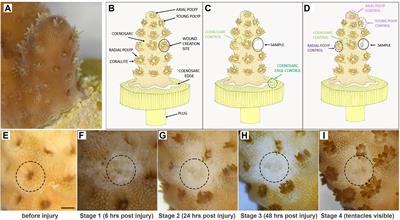
doi 10.3389/fevo.2022.979278
- 2,536 views
- 2 citations
10k
Total downloads
72k
Total views and downloads
Select the journal/section where you want your idea to be submitted:
ORIGINAL RESEARCH
Published on 09 Feb 2023

EDITORIAL
Published on 30 Jan 2023
ORIGINAL RESEARCH
Published on 14 Feb 2022
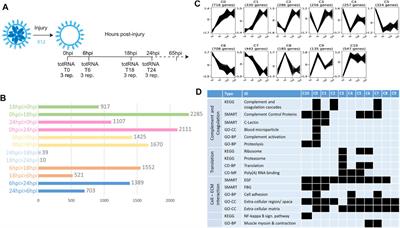
ORIGINAL RESEARCH
Published on 10 Feb 2022
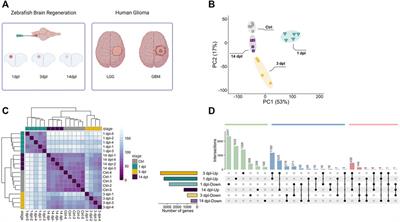
REVIEW
Published on 01 Feb 2022
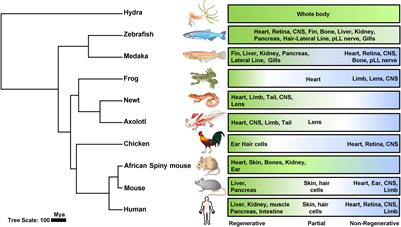
REVIEW
Published on 26 Jan 2022

ORIGINAL RESEARCH
Published on 23 Dec 2021
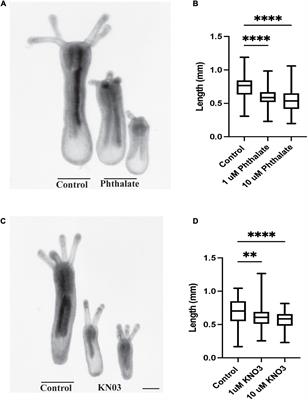
ORIGINAL RESEARCH
Published on 02 Dec 2021
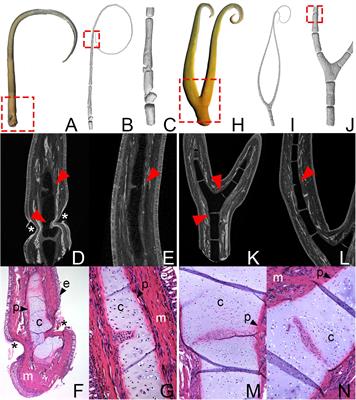
ORIGINAL RESEARCH
Published on 29 Jun 2021
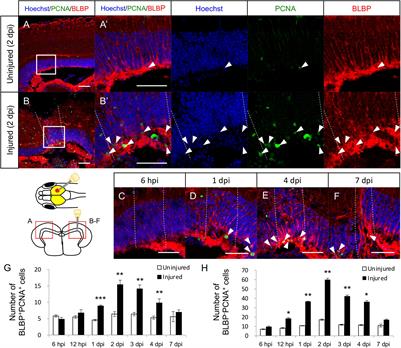
REVIEW
Published on 05 Mar 2021
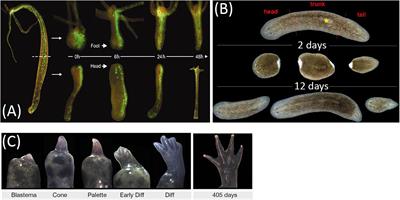

Frontiers in Cell and Developmental Biology